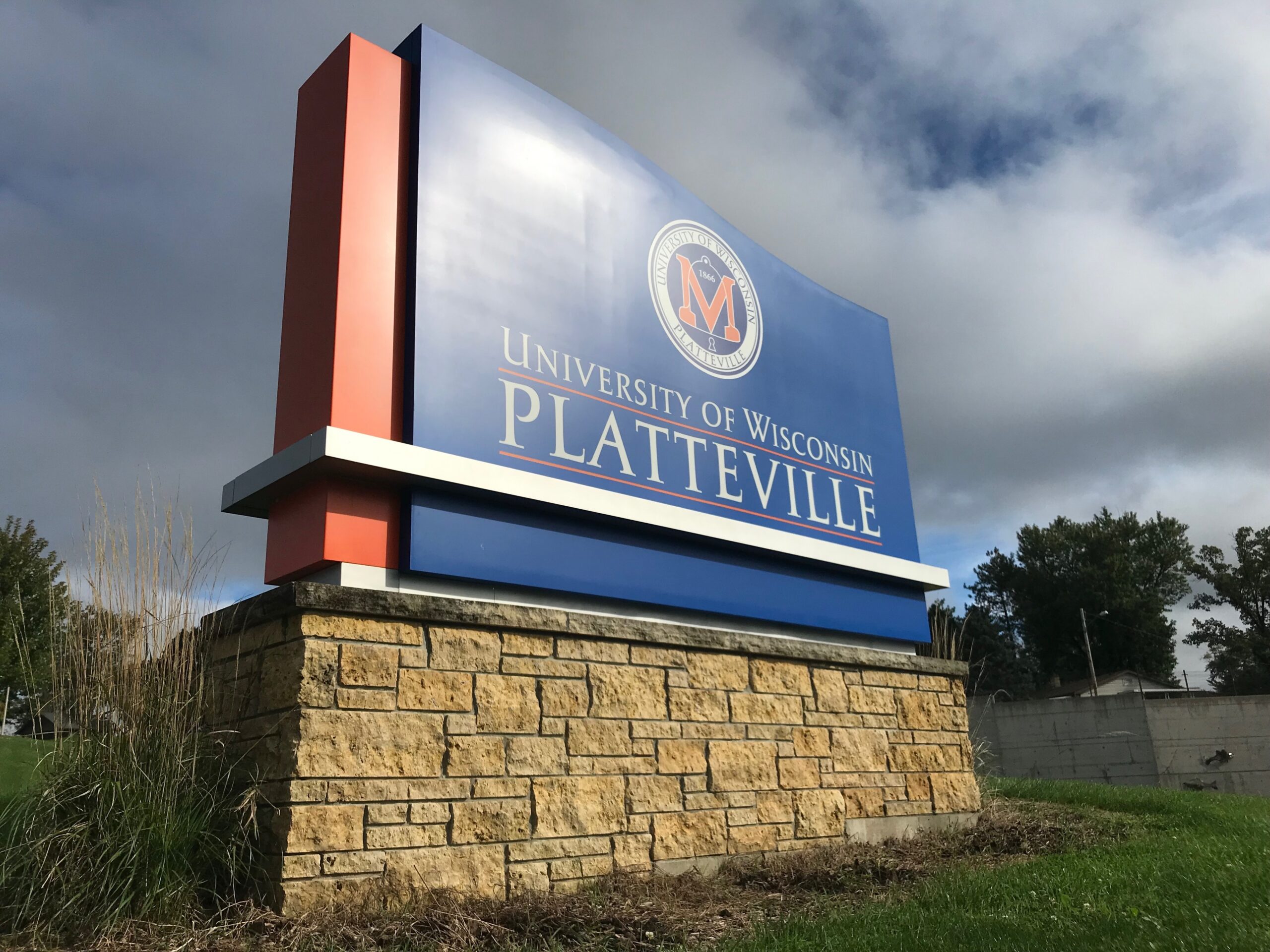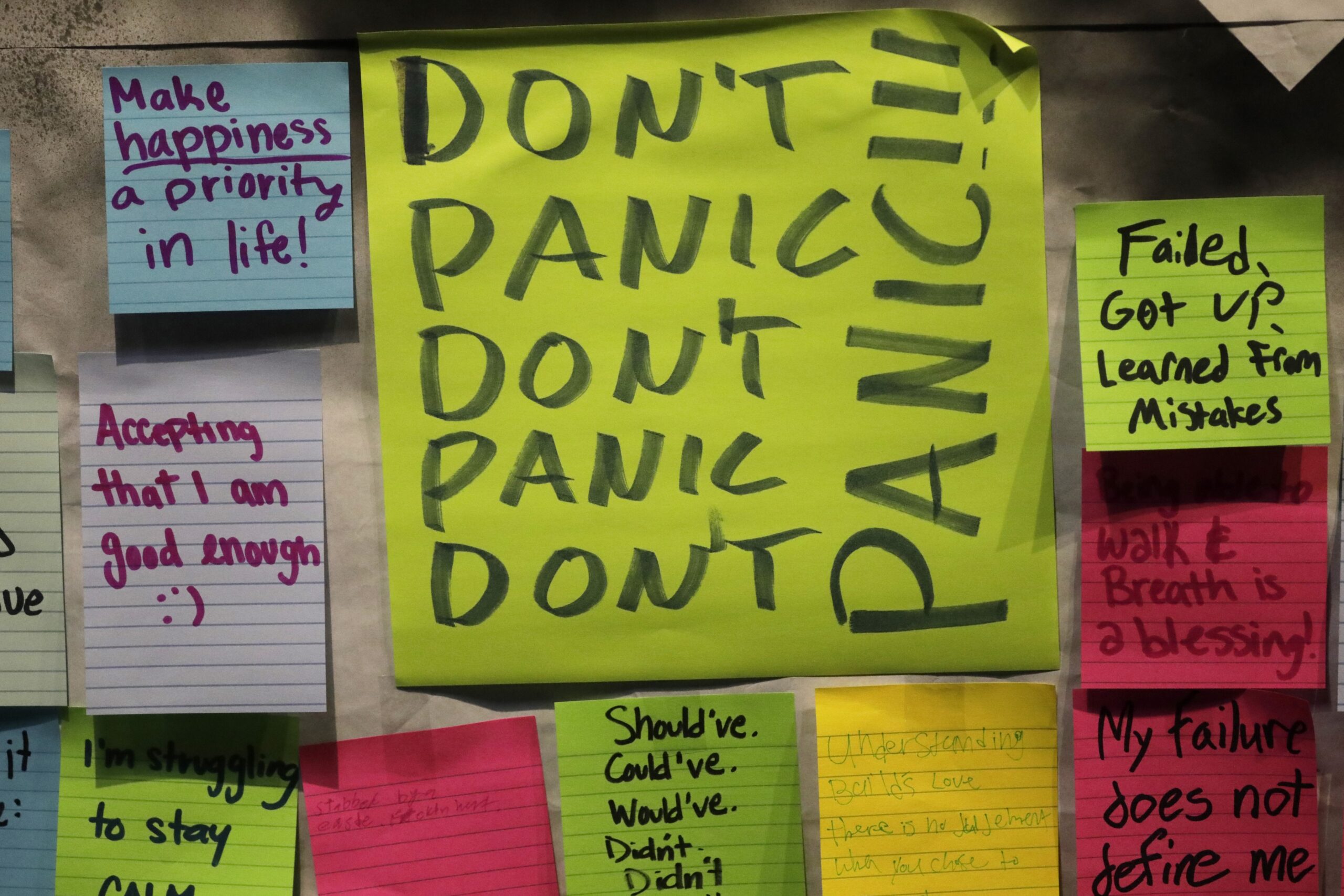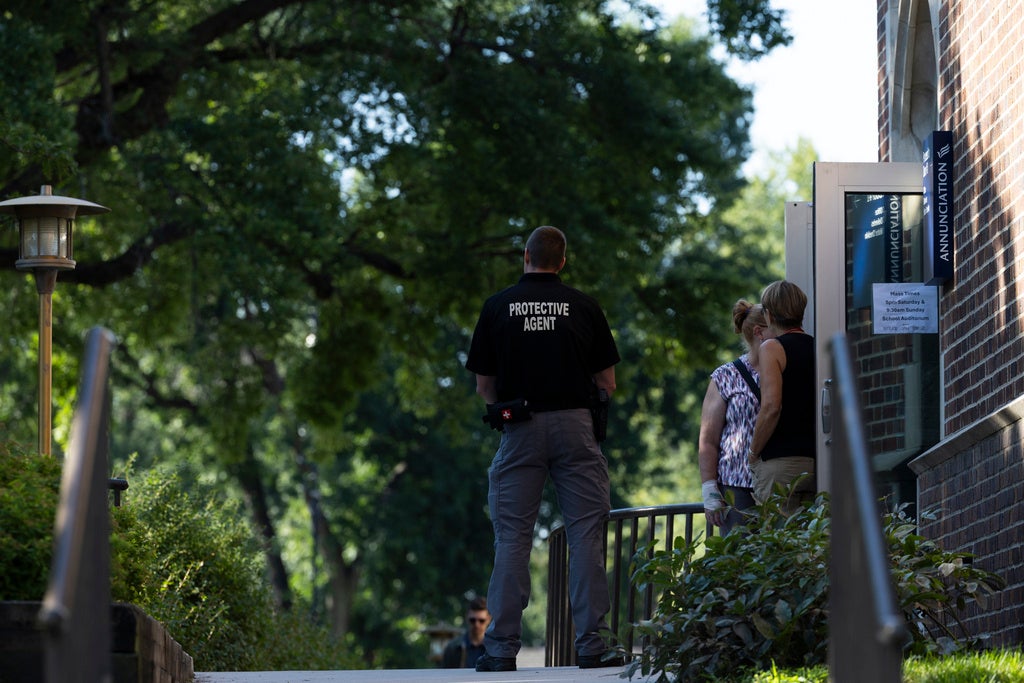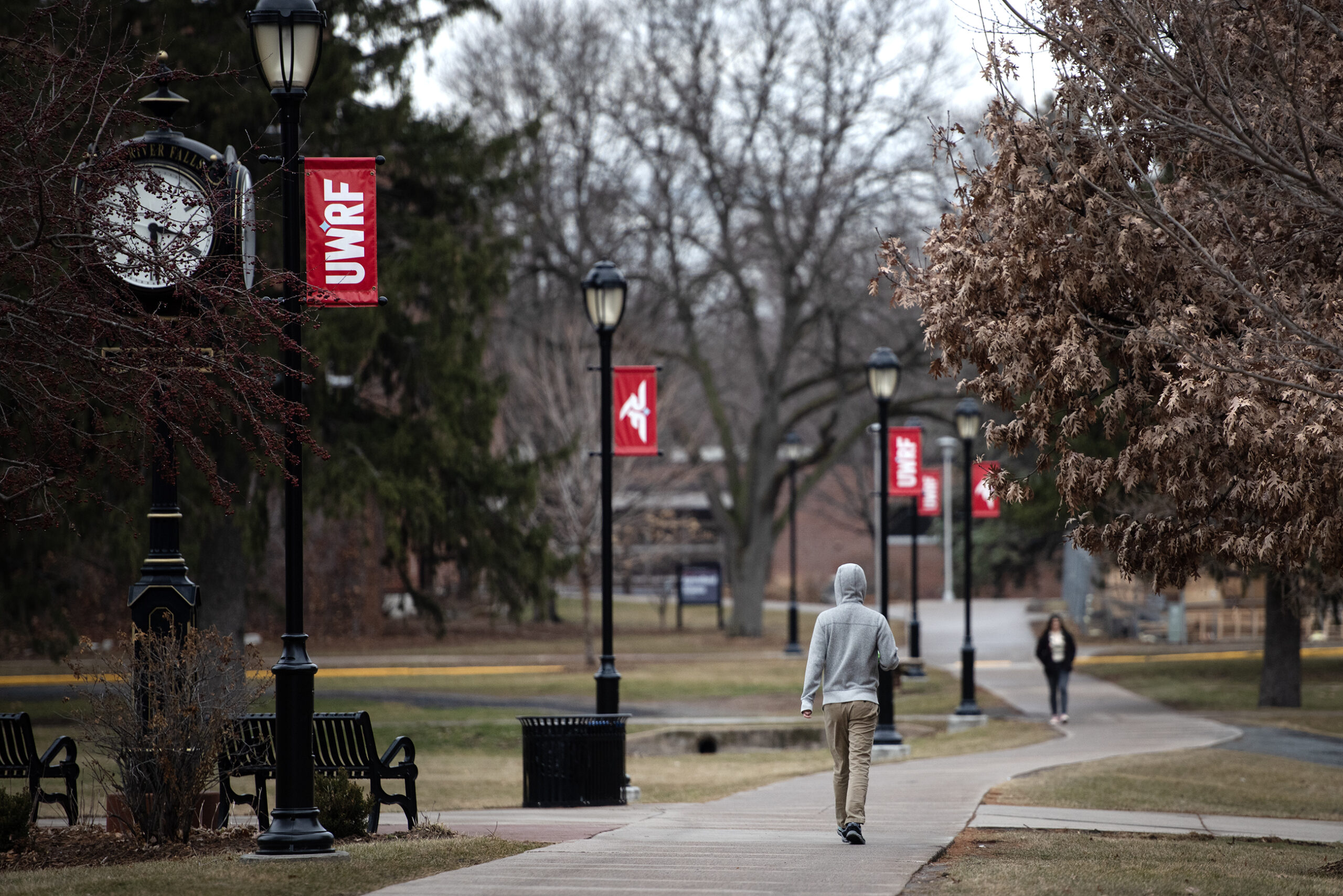If you or someone you know is considering suicide, call or text the three-digit suicide and crisis lifeline at 988. Resources are available online here.
The UW-Platteville community is trying to reconcile with the shooting that claimed the lives of two students in a campus residence hall on Monday.
The university is providing additional counseling services to help students cope, partnering with Waukesha-based mental health provider Empathia to supplement the existing services on campus.
News with a little more humanity
WPR’s “Wisconsin Today” newsletter keeps you connected to the state you love without feeling overwhelmed. No paywall. No agenda. No corporate filter.
Empathia Executive Director of Critical Support Services Michelle Colosimo said it includes a combination of more counseling opportunities for students and supporting Platteville faculty and staff with crisis response.
She joined WPR’s “Wisconsin Today” to discuss what options are available for students and how her organization is helping the campus recover.
The following was edited for clarity and brevity.
Kate Archer Kent: What does the support system look like on campus right now?
Michelle Colosimo: Initially, when we came on site, it was all about immediate support. When you are looking at situations that are like this, it’s not your traditional counseling. People are trying to make sense of something that’s hard to make sense of, as well as to process the feelings that they’re experiencing, because they maybe never experienced these feelings before. So we come on site to meet with groups of students and faculty and staff to just help them process and normalize those reactions, as well as meet with individuals one-on-one, who might need some additional support beyond that.
KAK: How much of your work is about helping campus staff with crisis management and response?
MC: Most institutions or organizations never experience anything like this, and so it can be hard to know what to do. What is the right thing? What are things that we need to be looking for? What are things that we need to be planning for? It can be really overwhelming, and the goal is to transition from chaos to control as quickly as possible. That’s really where we’re coming in from that crisis management and response side to really help the organization navigate that.
KAK: This tragedy came right after graduation, as students were starting to go home. How does that shape the response?
MC: That was an important aspect of this. It was ensuring that services were in place on campus. But for those students who left and went home, we needed to ensure that they had support as well, so we did establish a toll-free line for students, faculty and staff who weren’t on campus to speak directly with a counselor to receive immediate support. In addition to that, the campus has contracted with Mantra Health for ongoing counseling support that students can receive from any place that they’re located in.
KAK: What are some of the big emotions people might be processing right now?
MC: What you’re seeing in response to this particular event, as common with others similar to this, is anxiety, fear, hypervigilance, sadness. Those are going to be very common and normal for somebody to experience when something like this happens on their campus or wherever they are located.
KAK: How do you enter a community like Platteville as an outsider and find ways to connect with the community and make them feel comfortable very quickly?
MC: It’s really about creating safe spaces for people to come to, and it goes back to having many different options for people to choose from. So for those who may have not experienced talking with a counselor before, there were places that were created on campus for students to come together, to be with one another, because that sense of community is so important. In those spaces, we had our counselors as well as therapy dogs, to just engage in conversation. That’s where people have a tendency, then, to open up more and just start talking about what it’s been like for them.
As they’re talking and processing, we’re also just talking with them about how what they’re feeling is normal. Most people have had difficult times in their lives, not to this degree, but helping them identify what got them through that in the past, and what can they tap into to help them through it with this particular event. It’s all about building resilience. Most people are resilient, even in the most traumatic situations.





